The Taiwan Affairs Office of the State Council and the State Council Information Office of the People's Republic of China published a white paper titled "The Taiwan Question and China's Reunification in the New Era" on Wednesday.
The following is the full text of the white paper:
The Taiwan Question and China's Reunification in the New Era
The People's Republic of China
The Taiwan Affairs Office of the State Council and The State Council Information Office
August 2022
Contents
Preamble
I. Taiwan Is Part of China - This Is an Indisputable Fact
II. Resolute Efforts of the CPC to Realize China's Complete Reunification
III. China's Complete Reunification Is a Process That Cannot Be Halted
IV. National Reunification in the New Era
V. Bright Prospects for Peaceful Reunification
Conclusion
Preamble
Resolving the Taiwan question and realizing China's complete reunification is a shared aspiration of all the sons and daughters of the Chinese nation. It is indispensable for the realization of China's rejuvenation. It is also a historic mission of the Communist Party of China (CPC). The CPC, the Chinese government, and the Chinese people have striven for decades to achieve this goal.
The 18th National Congress of the CPC in 2012 heralded a new era in building socialism with Chinese characteristics. Under the strong leadership of the CPC Central Committee with Xi Jinping at the core, the CPC and the Chinese government have adopted new and innovative measures in relation to Taiwan. They have continued to chart the course of cross-Straits relations, safeguard peace and stability across the Taiwan Straits, and promote progress towards national reunification. However, in recent years the Taiwan authorities, led by the Democratic Progressive Party (DPP), have redoubled their efforts to divide the country, and some external forces have tried to exploit Taiwan to contain China, prevent the Chinese nation from achieving complete reunification, and halt the process of national rejuvenation.
The CPC has united the Chinese people and led them in fulfilling the First Centenary Goal of building a moderately prosperous society in all respects as scheduled, and in embarking on a new journey towards the Second Centenary Goal of building China into a modern socialist country.
The Chinese nation has achieved a historic transformation from standing upright to becoming prosperous and growing in strength, and national rejuvenation is driven by an unstoppable force. This marks a new starting point for reunification.
The Chinese government has published two previous white papers on Taiwan. One was The Taiwan Question and Reunification of China in August 1993, and the other was The One-China Principle and the Taiwan Issue in February 2000. These two white papers provided a comprehensive and systematic elaboration of the basic principles and policies regarding the resolution of the Taiwan question. This new white paper is being released to reiterate the fact that Taiwan is part of China, to demonstrate the resolve of the CPC and the Chinese people and their commitment to national reunification, and to emphasize the position and policies of the CPC and the Chinese government in the new era.
I. Taiwan Is Part of China - This Is an Indisputable Fact
Taiwan has belonged to China since ancient times. This statement has a sound basis in history and jurisprudence. New archeological discoveries and research findings regularly attest to the profound historical and cultural ties between the two sides of the Taiwan Straits. A large number of historical records and annals document the development of Taiwan by the Chinese people in earlier periods.
The earliest references to this effect are to be found, among others, in Seaboard Geographic Gazetteer compiled in the year 230 by Shen Ying of the State of Wu during the Three Kingdoms Period. The royal court of the Sui Dynasty had on three occasions sent troops to Taiwan, called Liuqiu at that time. Starting from the Song and Yuan dynasties, the imperial central governments of China all set up administrative bodies to exercise jurisdiction over Penghu and Taiwan.
In 1624, Dutch colonialists invaded and occupied the southern part of Taiwan. In 1662, General Zheng Chenggong, hailed as a national hero, led an expedition and expelled them from the island. Subsequently, the Qing court gradually set up more administrative bodies in Taiwan. In 1684, a Taiwan prefecture administration was set up under the jurisdiction of Fujian Province. In 1885, Taiwan's status was upgraded and it became the 20th province of China.
In July 1894, Japan launched a war of aggression against China. In April 1895, the defeated Qing government was forced to cede Taiwan and the Penghu Islands to Japan. During the Chinese People's War of Resistance Against Japanese Aggression (1931-1945), China's Communists called for the recovery of Taiwan. Talking with American journalist Nym Wales on May 15, 1937, Mao Zedong said that China's goal was to achieve a final victory in the war - a victory that would recover the occupied Chinese territories in Northeast China and to the south of the Shanhai Pass, and secure the liberation of Taiwan.
On December 9, 1941, the Chinese government issued a declaration of war against Japan, and proclaimed that all treaties, conventions, agreements, and contracts regarding relations between China and Japan had been abrogated, and that China would recover Taiwan and the Penghu Islands.
The Cairo Declaration issued by China, the United States and the United Kingdom on December 1, 1943 stated that it was the purpose of the three allies that all the territories Japan had stolen from China, such as Northeast China, Taiwan and the Penghu Islands, should be restored to China.
The Potsdam Proclamation was signed by China, the United States and the United Kingdom on July 26, 1945, and subsequently recognized by the Soviet Union. It reiterated: "The terms of the Cairo Declaration shall be carried out." In September of the same year, Japan signed the instrument of surrender, in which it promised that it would faithfully fulfill the obligations laid down in the Potsdam Proclamation. On October 25 the Chinese government announced that it was resuming the exercise of sovereignty over Taiwan, and the ceremony to accept Japan's surrender in Taiwan Province of the China war theater of the Allied powers was held in Taibei (Taipei). From that point forward, China had recovered Taiwan de jure and de facto through a host of documents with international legal effect.
On October 1, 1949, the People's Republic of China (PRC) was founded, becoming the successor to the Republic of China (1912-1949), and the Central People's Government became the only legitimate government of the whole of China. The new government replaced the previous KMT regime in a situation where China, as a subject under international law, did not change and China's sovereignty and inherent territory did not change. As a natural result, the government of the PRC should enjoy and exercise China's full sovereignty, which includes its sovereignty over Taiwan.
As a result of the civil war in China in the late 1940s and the interference of external forces, the two sides of the Taiwan Straits have fallen into a state of protracted political confrontation. But the sovereignty and territory of China have never been divided and will never be divided, and Taiwan's status as part of China's territory has never changed and will never be allowed to change.
At its 26th session in October 1971, the United Nations General Assembly adopted Resolution 2758, which undertook "to restore all its rights to the People's Republic of China and to recognize the representatives of its Government as the only legitimate representatives of China to the United Nations, and to expel forthwith the representatives of Chiang Kai-shek from the place which they unlawfully occupy at the United Nations and in all the organizations related to it". This resolution settled once and for all the political, legal and procedural issues of China's representation in the UN, and it covered the whole country, including Taiwan. It also spelled out that China has one single seat in the UN, so there is no such thing as "two Chinas" or "one China, one Taiwan".
The specialized agencies of the UN later adopted further resolutions restoring to the PRC its lawful seat and expelling the representatives of the Taiwan authorities. One of these is Resolution 25.1 adopted at the 25th World Health Assembly in May 1972. It was clearly stated in the official legal opinions of the Office of Legal Affairs of the UN Secretariat that "the United Nations considers 'Taiwan' as a province of China with no separate status", and the "'authorities' in 'Taipei' are not considered to... enjoy any form of government status". At the UN the island is referred to as "Taiwan, Province of China"[1].
Resolution 2758 is a political document encapsulating the one-China principle whose legal authority leaves no room for doubt and has been acknowledged worldwide. Taiwan does not have any ground, reason, or right to join the UN, or any other international organization whose membership is confined to sovereign states.
In recent years some elements in a small number of countries, the U.S. foremost among them, have colluded with forces in Taiwan, to falsely claim that the resolution did not conclusively resolve the issue of Taiwan's representation. Puffing up the illegal and invalid Treaty of San Francisco[2] and disregarding the Cairo Declaration, the Potsdam Proclamation and other international legal documents, they profess that the status of Taiwan has yet to be determined, and declare their support for "Taiwan's meaningful participation in the UN system". What they are actually attempting to do is to alter Taiwan's status as part of China and create "two Chinas" or "one China, one Taiwan" as part of a political ploy - using Taiwan to contain China. These actions in violation of Resolution 2758 and international law are a serious breach of political commitments made by these countries. They damage China's sovereignty and dignity, and treat the basic principles of international law with contempt. The Chinese government has condemned and expressed its resolute opposition to them.
The one-China principle represents the universal consensus of the international community; it is consistent with the basic norms of international relations. To date, 181 countries including the United States have established diplomatic relations with the PRC on the basis of the one-China principle. The China-U.S. Joint Communique on the Establishment of Diplomatic Relations, published in December 1978, states: "The Government of the United States of America acknowledges the Chinese position that there is but one China and Taiwan is part of China." It also states: "The United States of America recognizes the Government of the People's Republic of China as the sole legal Government of China. Within this context, the people of the United States will maintain cultural, commercial, and other unofficial relations with the people of Taiwan."
The Constitution of the People's Republic of China, adopted at the Fifth Session of the Fifth National People's Congress (NPC) in December 1982, stipulates: "Taiwan is part of the sacred territory of the People's Republic of China. It is the inviolable duty of all Chinese people, including our compatriots in Taiwan, to accomplish the great task of reunifying the motherland."
The Anti-Secession Law, adopted at the Third Session of the 10th NPC in March 2005, stipulates: "There is only one China in the world. Both the mainland and Taiwan belong to one China. China's sovereignty and territorial integrity brook no division. Safeguarding China's sovereignty and territorial integrity is the common obligation of all Chinese people, the Taiwan compatriots included. Taiwan is part of China. The state shall never allow the 'Taiwan independence' secessionist forces to make Taiwan secede from China under any name or by any means."
The National Security Law, adopted at the 15th meeting of the Standing Committee of the 12th NPC in July 2015, stipulates: "The sovereignty and territorial integrity of China brook no violation or separation. Safeguarding national sovereignty, unity and territorial integrity is the common duty of all Chinese citizens, including Hong Kong, Macao and Taiwan compatriots."
We are one China, and Taiwan is part of China. This is an indisputable fact supported by history and the law. Taiwan has never been a state; its status as part of China is unalterable. Any attempt to distort these facts and dispute or deny the one-China principle will end in failure.








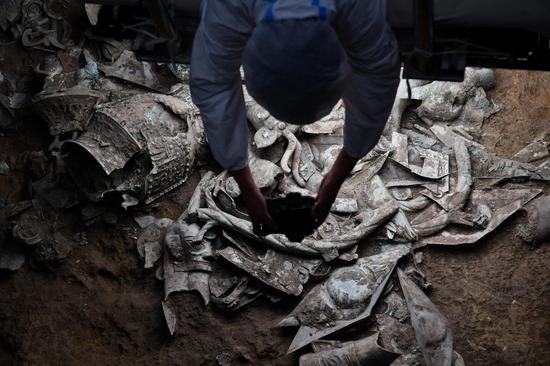
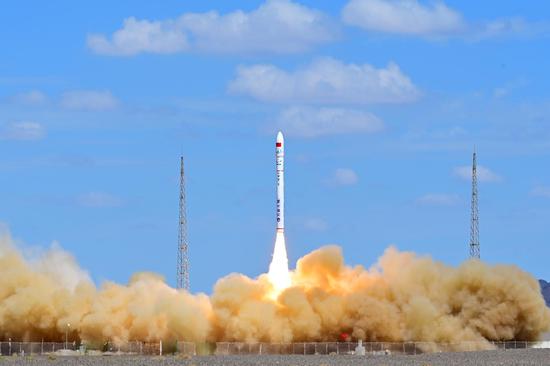

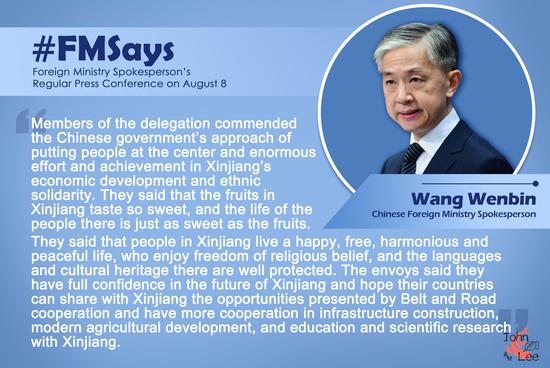
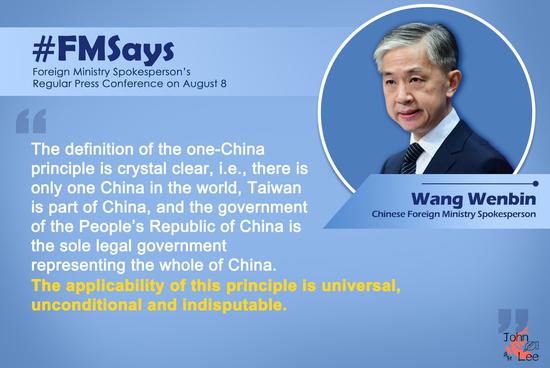
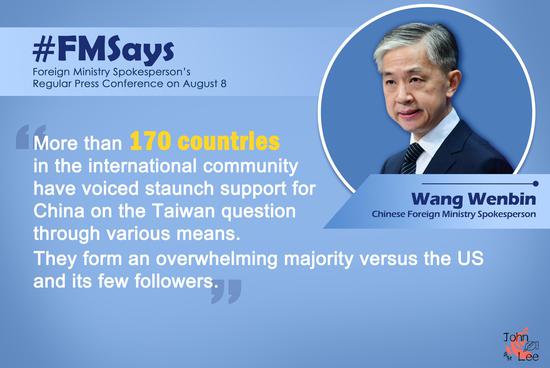
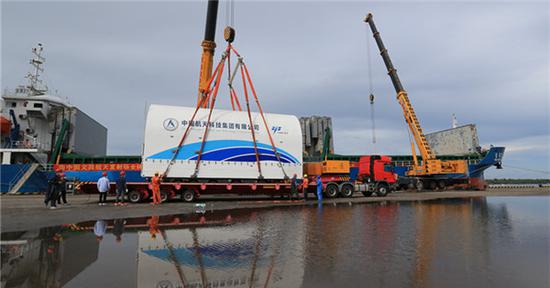

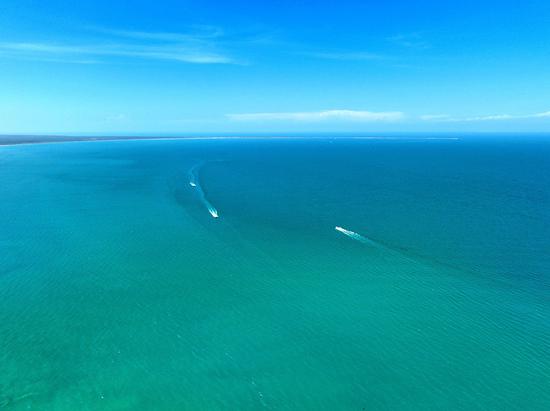
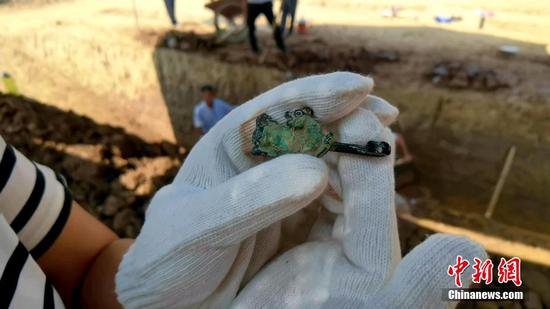



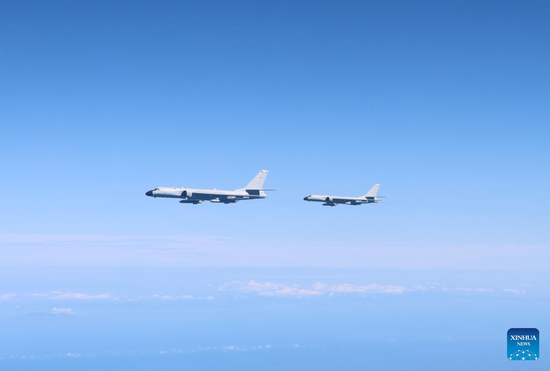
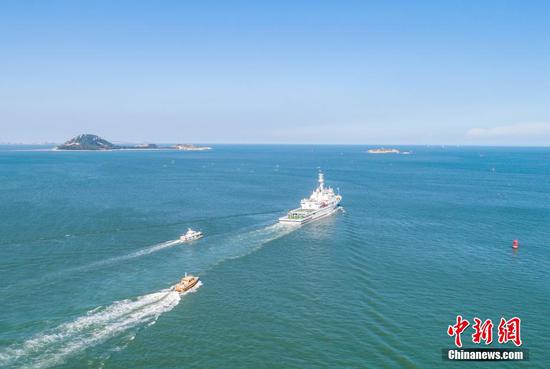
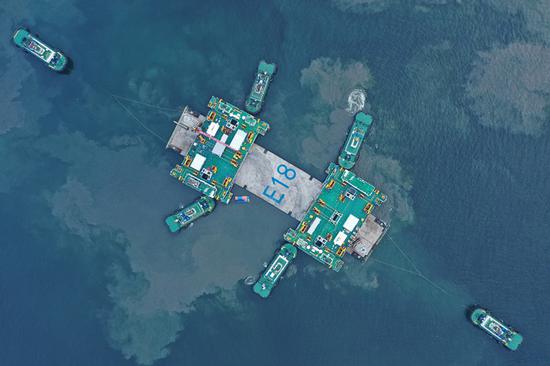


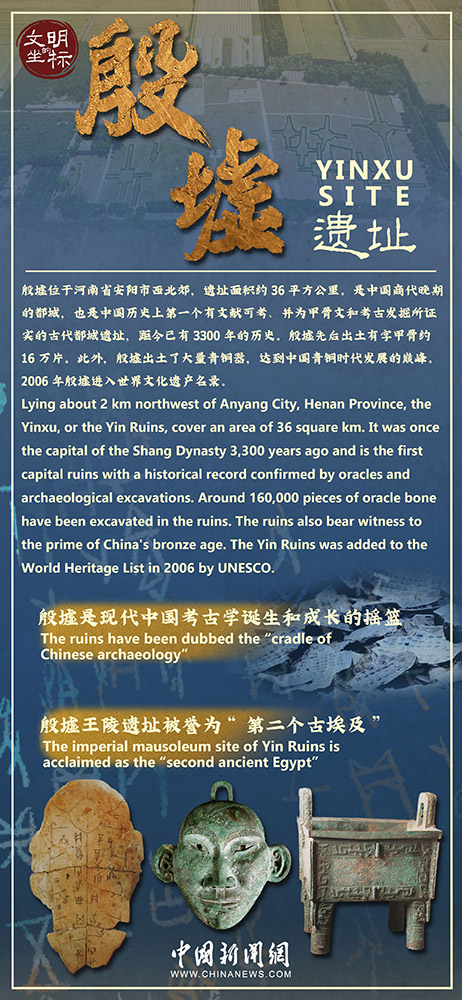

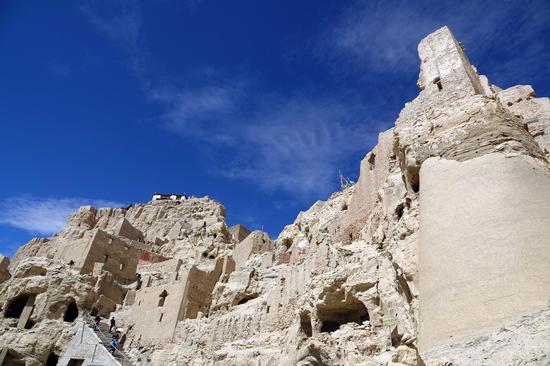



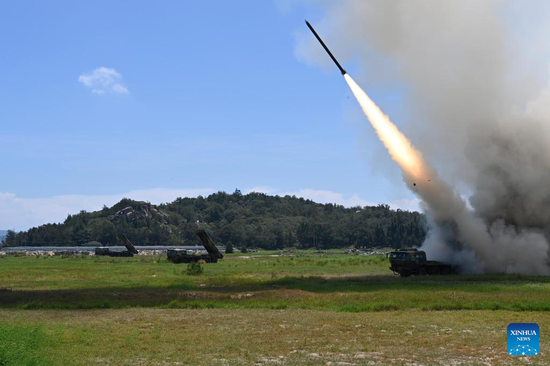

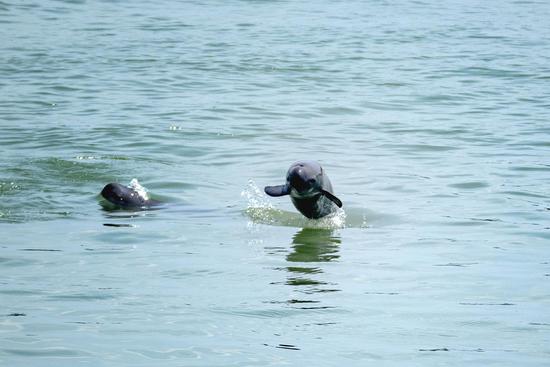
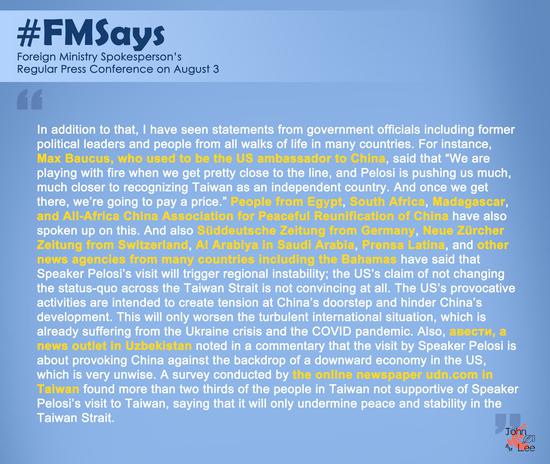
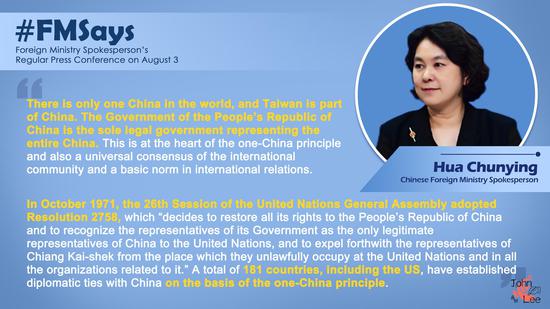
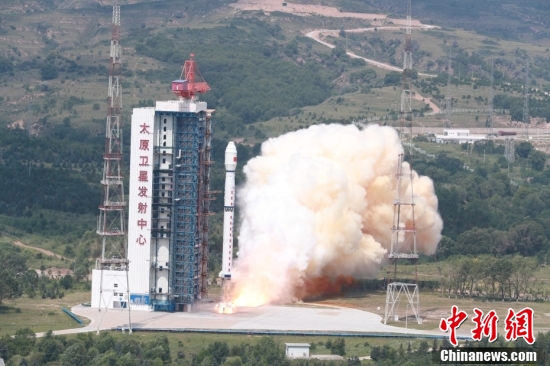
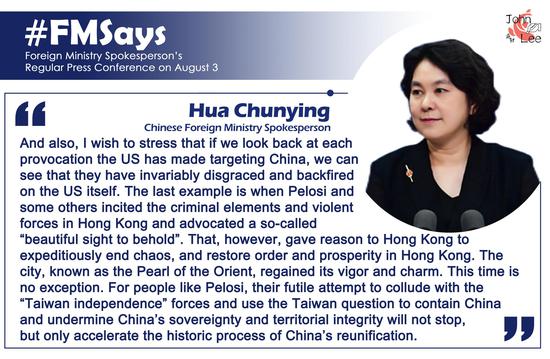
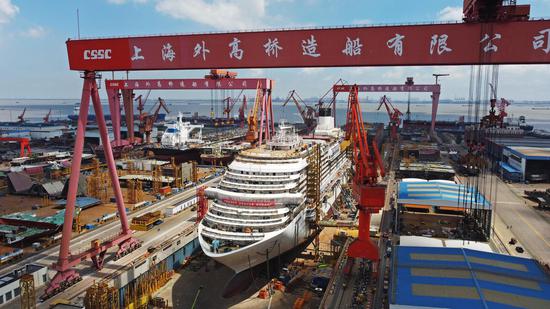
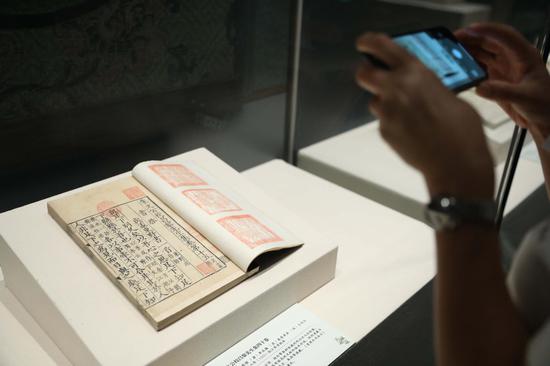
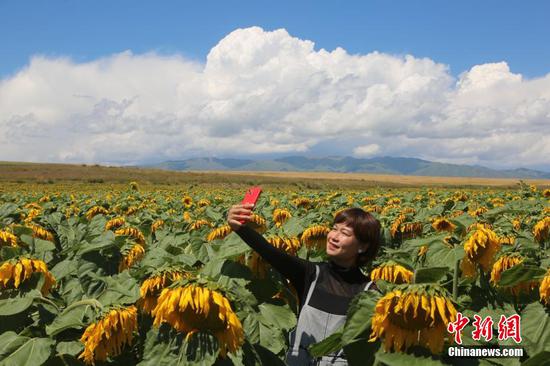
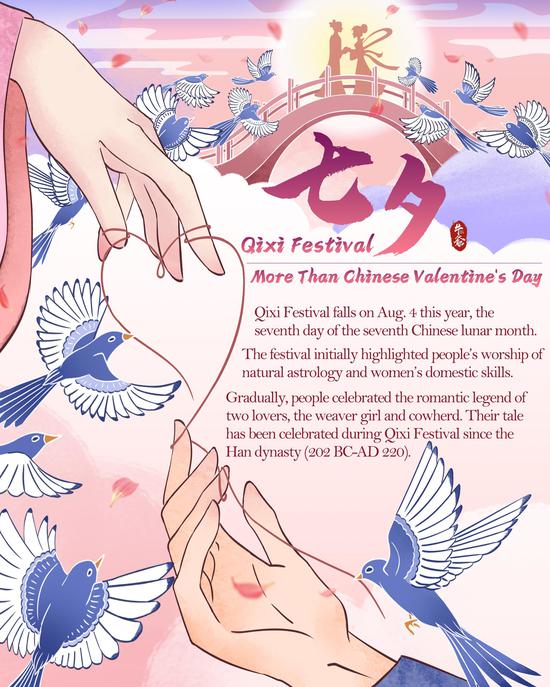






 京公网安备 11010202009201号
京公网安备 11010202009201号